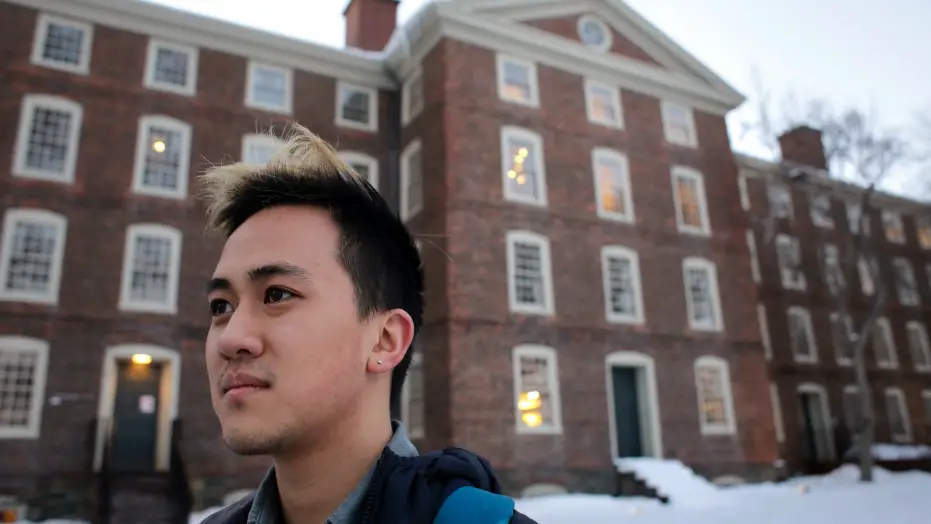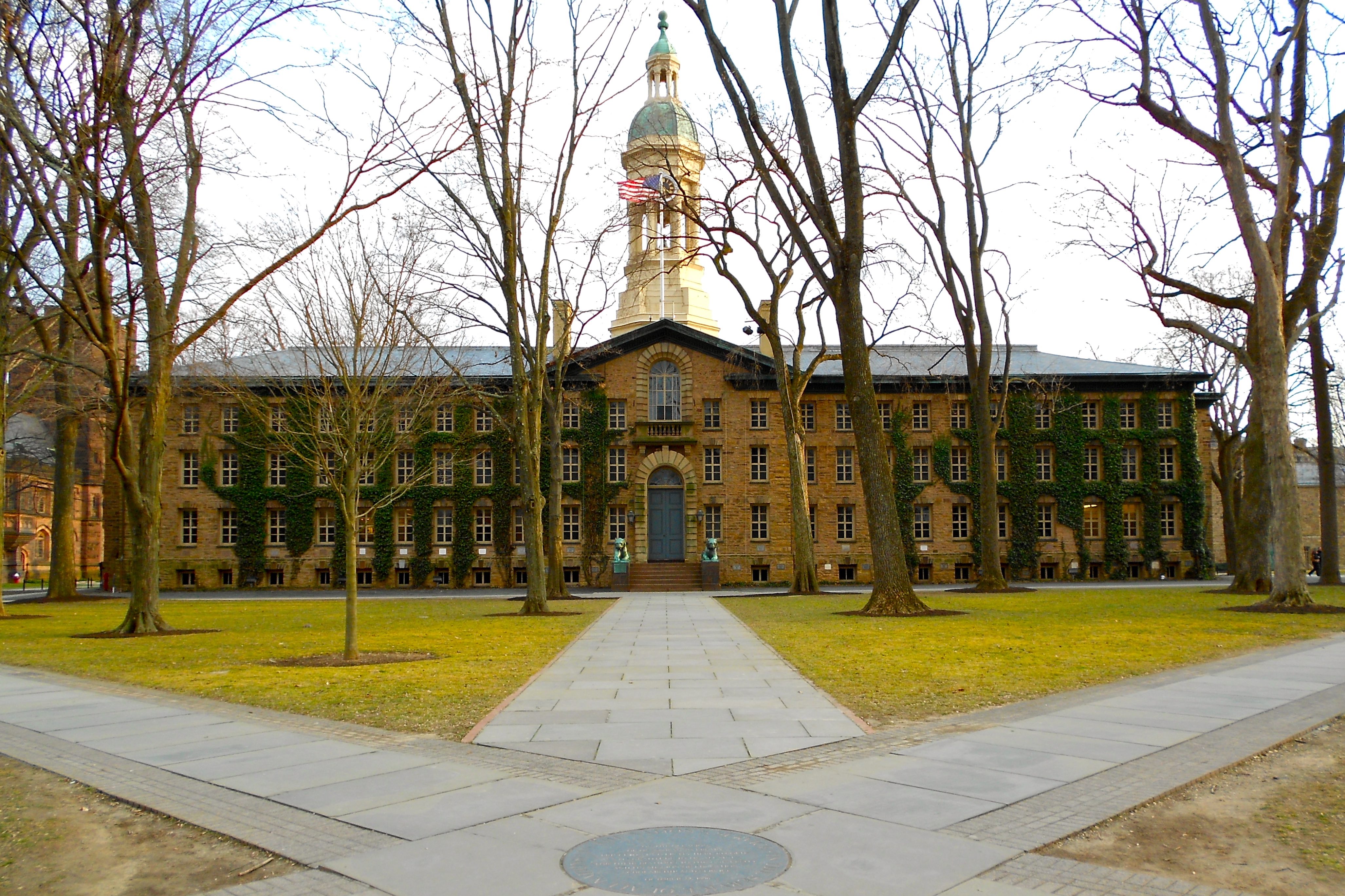When it comes to applying to college, many students will consider schools their parents went to with the hope of using their connection to gain admission.
Now, a coalition of low-income and first-generation college students at top universities are hoping to end the practice they say gives these legacies an unfair advantage.
Coalitions from all Ivy League schools except for Dartmouth College, who does not have a coalition, signed and issued a joint letter about condemning the practice.
Some prestigious colleges and universities, such as Amherst College and University of Chicago, also have coalitions who signed.
In the letter, the group writes: “This campaign is not about whether or not legacy applicants like our future children deserve their place in their respective universities. It is about ensuring that all students have equal footing in the admissions process regardless of whether or not their parents attended a certain university.”
The letter also calls to establish campus panels including students and alumni, as well as urges schools to publish data and policies on this topic.

One of the members of the coalition is 20-year-old Alfredo Dominguez, a first-generation student at Columbia.
“No matter how hard you work,” he said, “you can’t make yourself a legacy…. They do actively try to admit students from diverse backgrounds, but this is another step or barrier to getting a more equitable place.”
Senior and first-generation student Mayra Valadez of Cornell University finds it ironic that “at institutions of higher learning, there are people doing research on combating inequality” while the same colleges provide “affirmative action for the wealthy.”
The coalitions hope that ending the practice of giving legacies a head start would give more low-income and first-generation students a shot at attending prestigious schools.
According to a Business Insider article, America has a long history of legacy admissions in higher education.
A study from 2011 showed that, of the schools investigated, primary legacies (a.k.a., children of undergraduate alumni) were 45.1 percent more likely to get in.
There are also voices in support of legacy admissions. Senior fellow at the Century Foundation Richard Kahlenberg said the practice “provides a substantial benefit to applicants…. here’s a policy that is designed to provide a preference to some of society’s most advantaged students.”
Many schools say giving legacies a leg up encourages donations from alumni or works as a tiebreaker between applicants.
However, some studies have found no connection between legacy policies and alumni fundraising.
Coalition members said they plan to organize votes at schools, including Brown, Yale, Princeton and Cornell, to measure support for their goals.
















